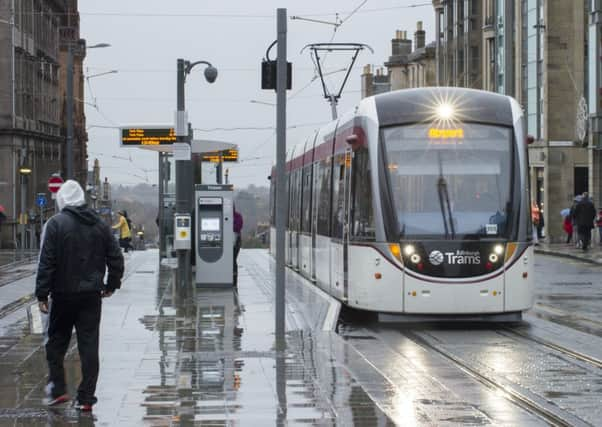Leader: Wait for results of trams inquiry before embarking on another costly project


That is academic now, as the line has been built, the money spent and the pain endured.
It is questionable anyway whether the city council would have voted to abandon the scheme at such an advanced stage, effectively throwing hundreds of millions of pounds down the drain.
That moment has gone, and is no longer of any consequence.
Advertisement
Hide AdAdvertisement
Hide AdWe should just be glad that the right decision was made to finish the project, and the trams have proved a big success since they started operating three years ago.
However, the scheme cost far too much, took far too long to complete and caused far more disruption than it should have done.
The key lesson to learn from the inquiry’s revelation is that at a critical moment in the saga, there does not appear to have been full transparency. All the facts should have been on the table for that momentous decision on whether to continue.
This is significant because the council is now preparing to embark on another tram venture, completing the original line between the city centre and Newhaven, with a decision expected next year.
Some have argued that it should press on with the work without waiting for the results of the inquiry, such is the need for the economic regeneration that the line promises.
But, as the inquiry’s work has just demonstrated, we weren’t given the full picture during the original scheme, so it is imperative that a fully-informed council makes the decision to commit the best part of another £200m – and that’s just an estimate – on extending the tracks down Leith Walk.
We must let Lord Hardie complete his business so we know the full story before embarking on the next volume. There may well be lessons to be read from it.